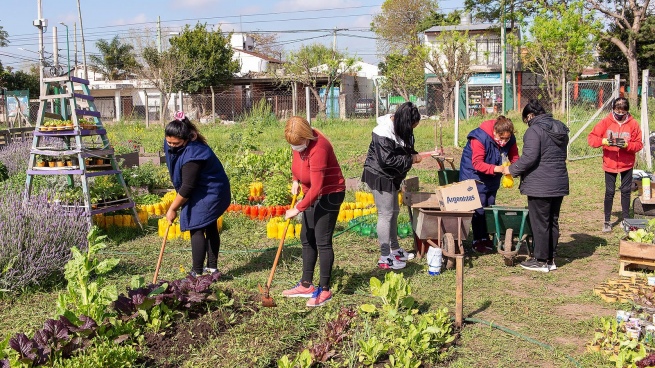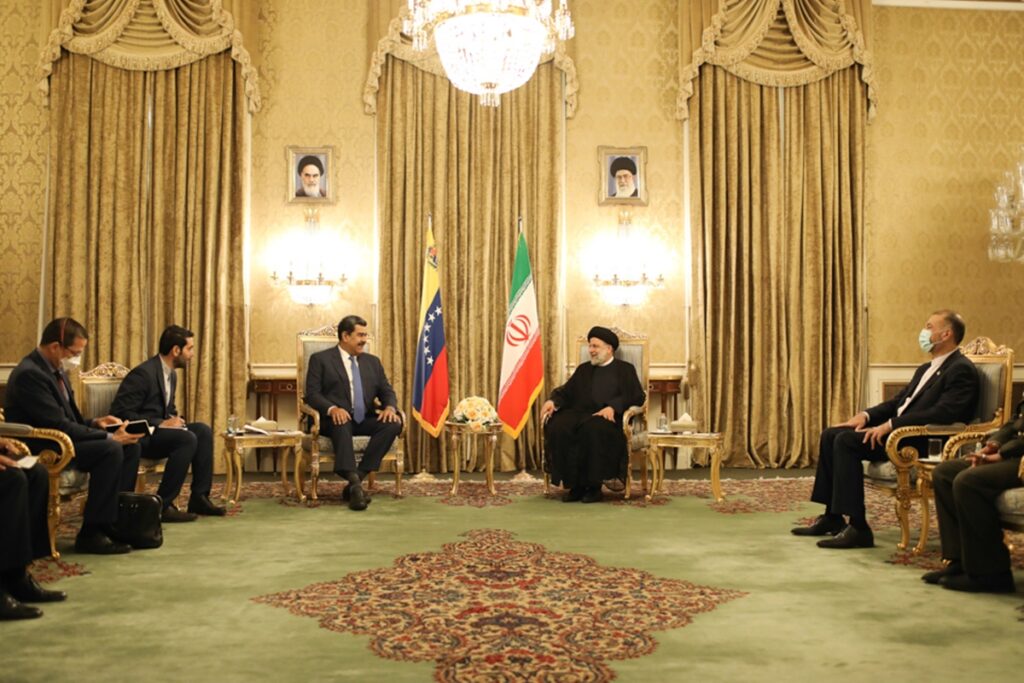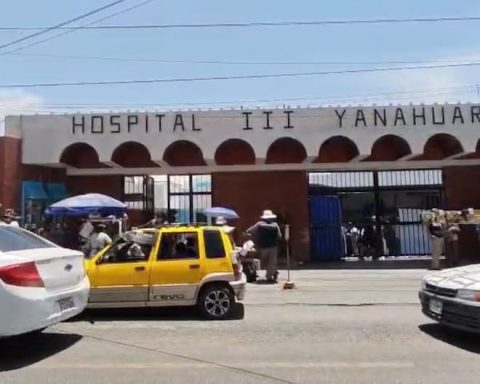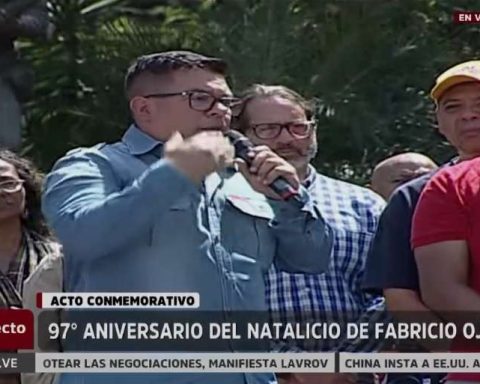The Promotion of Self-Production of Food project, known as Prohuerta, turns 32 this Wednesday and will celebrate it next Saturday at Tecnópolis with a series of special activities, under the premise of strengthening the social and productive framework in the continuity of its path.
“On Saturday at Tecnópolis, in the space of Sustainable Pole Gardenwe are going to be doing a series of workshops, planting and transplanting activities, training, knowledge and tools to produce our own food,” explained Lorena Tanferma, a member of the Instruments, Extension and Territorial Development area of the National Institute of Agricultural Technology (INTA). , in statements to Télam Radio.
This federal public policy, based on solidarity and the promotion of rights, is co-managed between INTA and the Ministry of Social Development, and since 2003 it has been part of the National Plan for Food Security.
“In general, people have recognized that Prohuerta delivers seeds, but it does much more: it tries to strengthen an entire social and productive framework that starts from family farming,” said Tanferma.
“Prohuerta generates a series of trainings, strengthening and development of both urban, peri-urban and rural productive spaces”Lorena Tanferma
In this sense, the member of INTA explained that the program “promotes what is family farms, family gardens; support for all that are groups of small producers; tries to bring nearby markets, holds fairs; accompanies production processes with the addition of worth”.
The official pointed out that “from there Prohuerta begins to generate everything that is a series of training, strengthening and development of both urban, peri-urban and rural productive spaces.”
“And from that knowledge and cultural and food habits of each region, the program also tries to make a leap, lead them to be able to live off a surplus, to be able to produce to market a surplus and exchange, to have a much more complete diet, for that the farm component is a very important leg”, he explained.
Prohuerta was born in 1990 -through INTA Resolution No. 239/90-, in a crisis framework due to a collapse in the food supply for the most vulnerable sectors, and is currently one of the most important public food policies in Latin America for its promotion of security and sovereignty food.



















